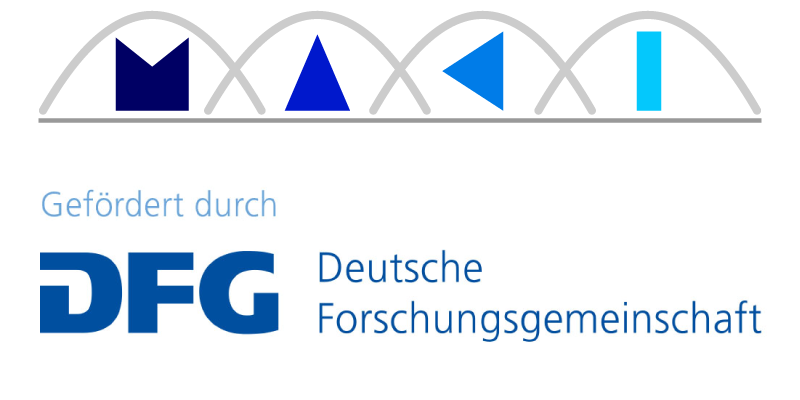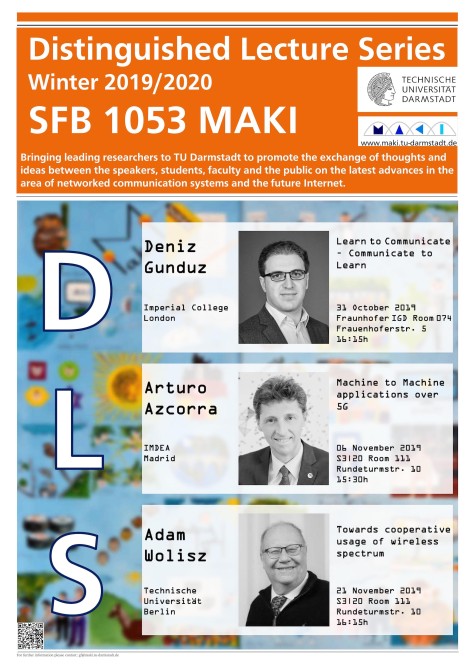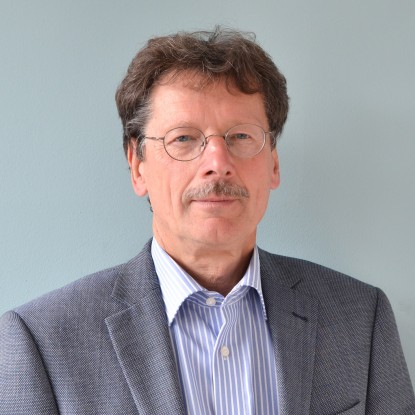Prof. Dr.-Ing. Adam Wolisz
Technische Universität Berlin
21. November 2019, 16:15 Uhr
Neuer Raum:
Piloty-Gebäude S2|02
Raum C 110
Hochschulstraße 10
“Towards cooperative usage of wireless spectrum”
Abstract:
Cooperative usage of wireless spectrum by heterogeneous technologies offers an alternative to the widely promoted “One flexible system does it all in the best way” solution. In this talk advantages of the cooperative approach will be summarized, followed by presentation of selected real problems and their solutions (mostly related to actually, available ISM bands) as well as discussion of some fundamental open issues for enabling cooperative usage in general case.
Bio:
Adam Wolisz received his MS, PhD and Habilitation degrees in 1972, 1976 and 1983, all at the Silesian Technical University in Gliwice, Poland. Since 1972 – 1989 he was with the Institute of Complex Control Systems of the Polish Academy of Sciences and from 1990 – 1993 he was with the Research Institute GMD-Fokus in Berlin. In 1993 he has been appointed Professor of Electrical Engineering and Computer Science at the Technical University Berlin where he has established and has been leading until 2018 the Telecommunication Networks Group (TKN).
In the period 2001 – 2018 he has been Executive Director of the Institute for Telecommunication Systems, grouping the activities in Communications, Networking and Distributed Systems.
In the period 2001 – 2003 he has been the first dean of the newly established Faculty of Electrical Engineering and Computer Science at the TUB.
In the period 2005 – 2017 he has been adjunct Professor at the Department of Electrical Engineering and Computer Science at University of California Berkeley, Dept EE&CS (Berkeley Wireless Research Center), where he is now visiting researcher.
Since October 2018 he is an ECDF (Einstein Center Digital Future) Fellow.
His research interests are in architectures and protocols of communication networks, especially wireless communication networks, as well as in protocol engineering with impact on performance and QoS aspects.











